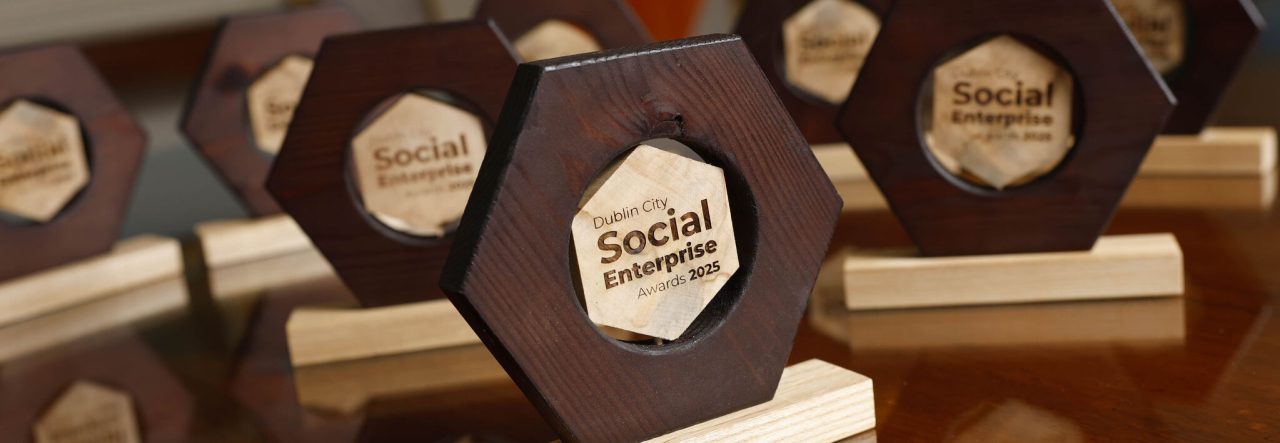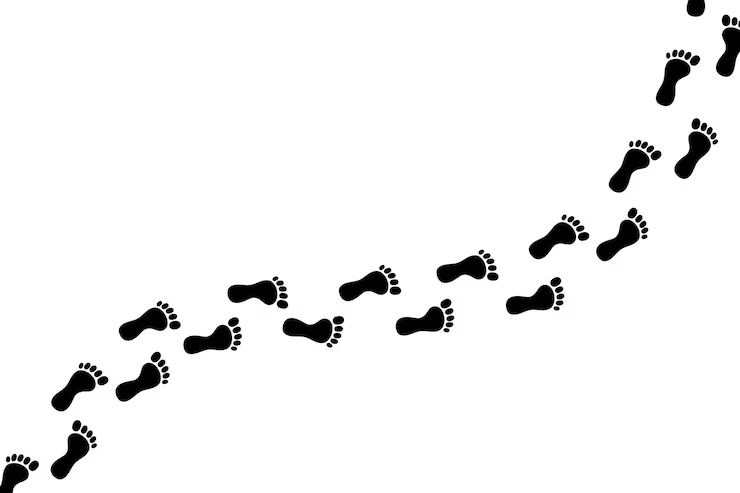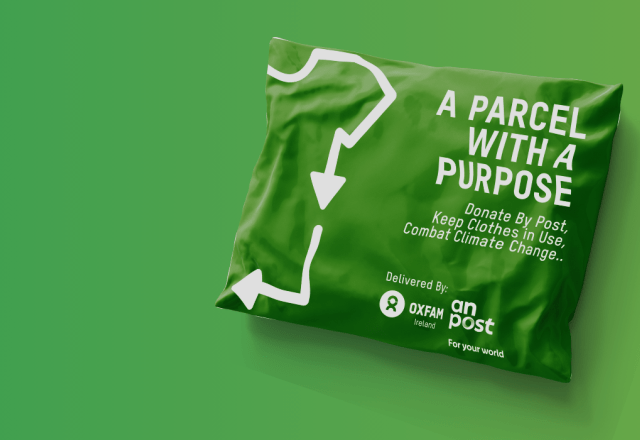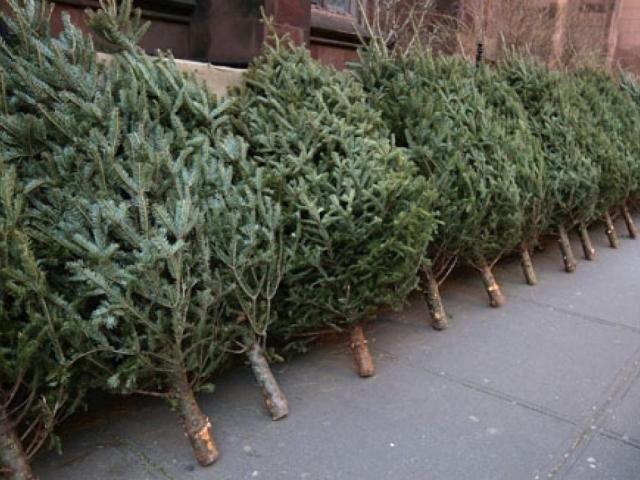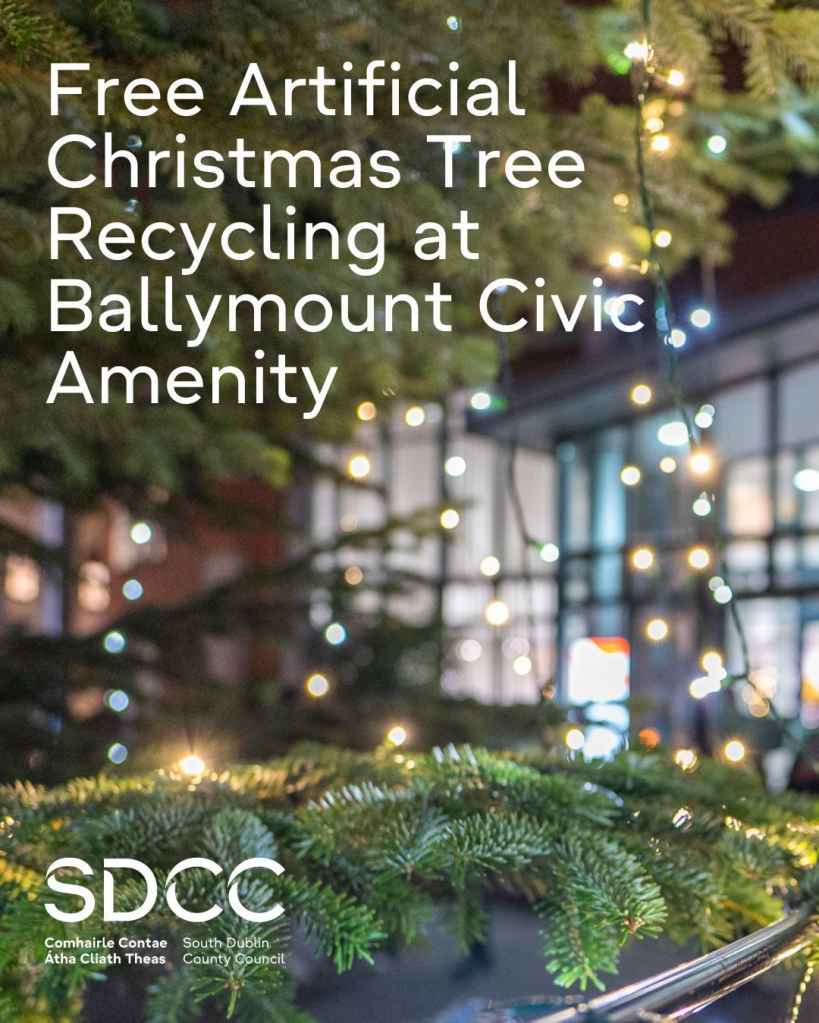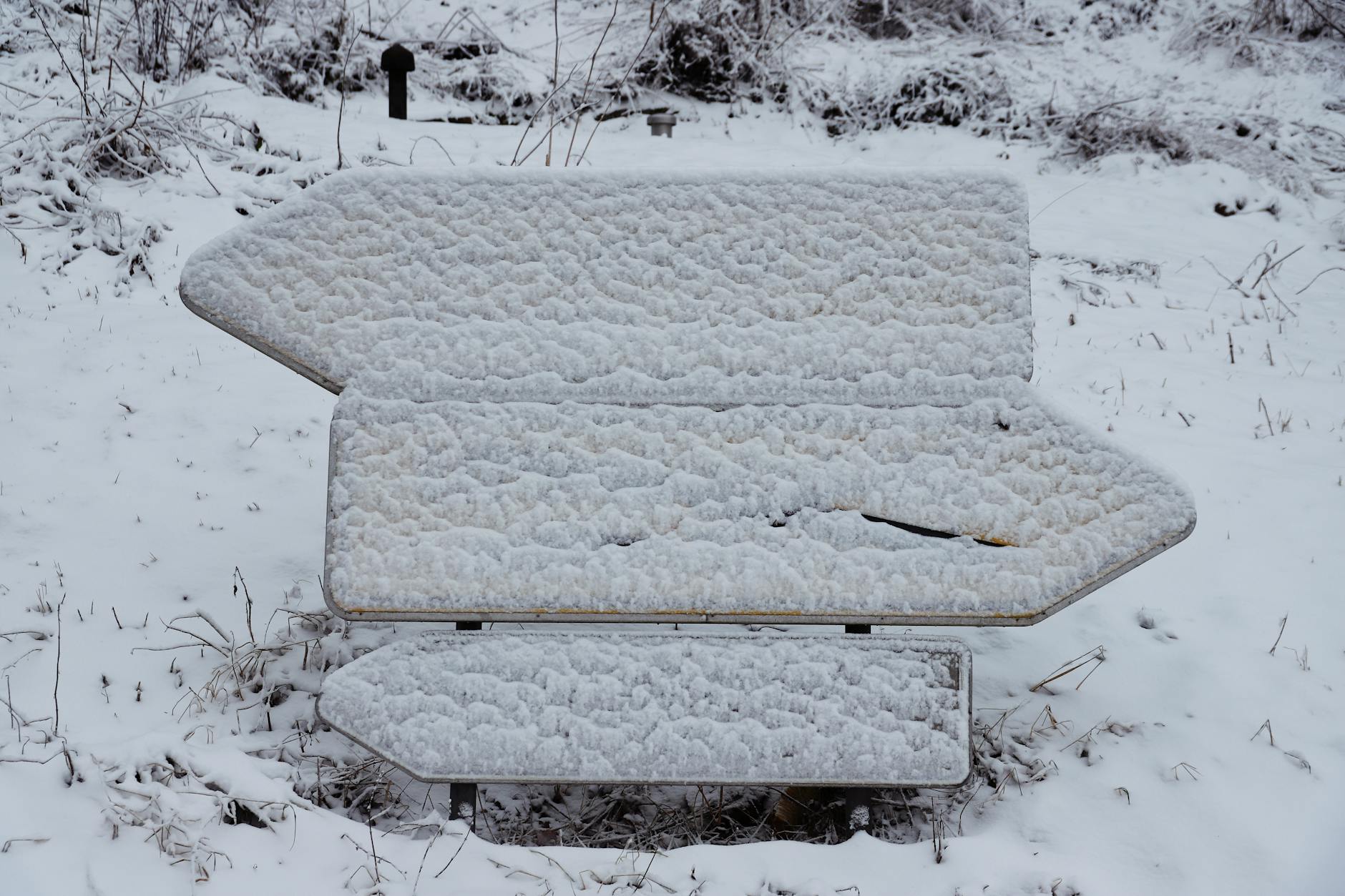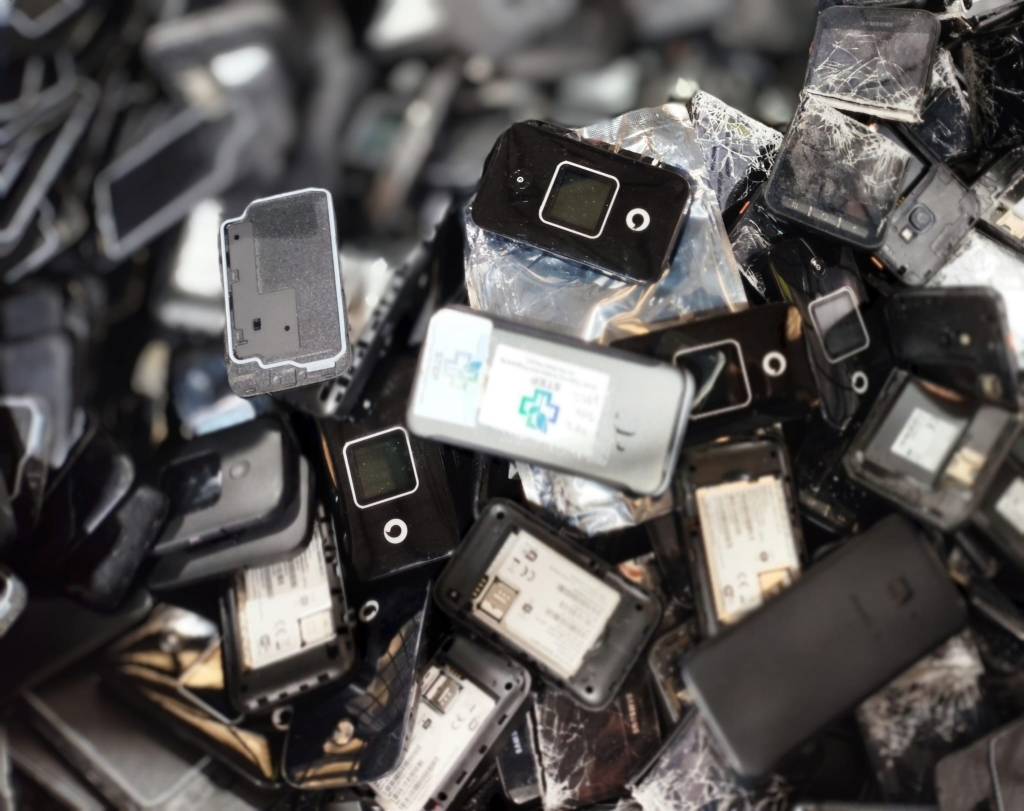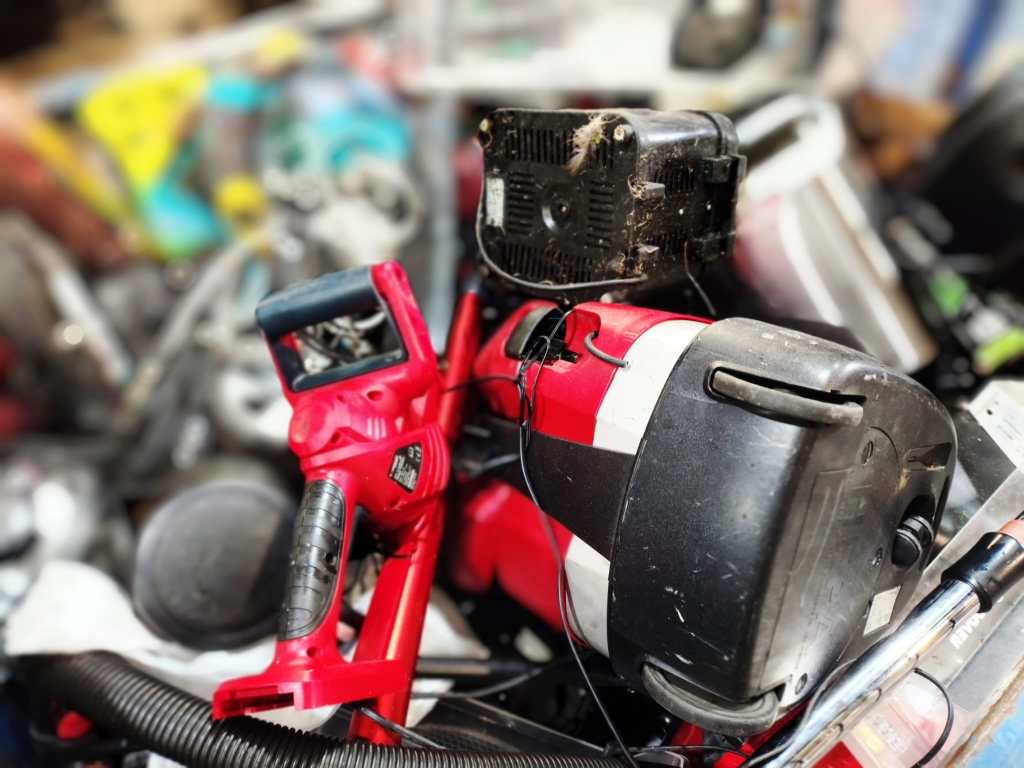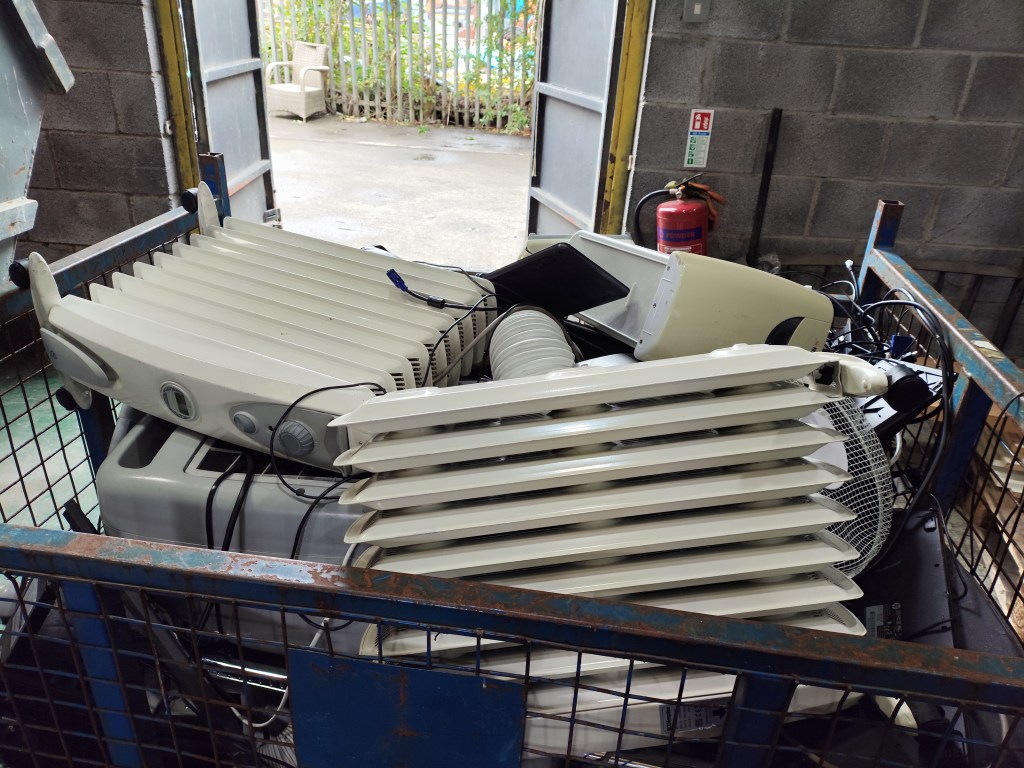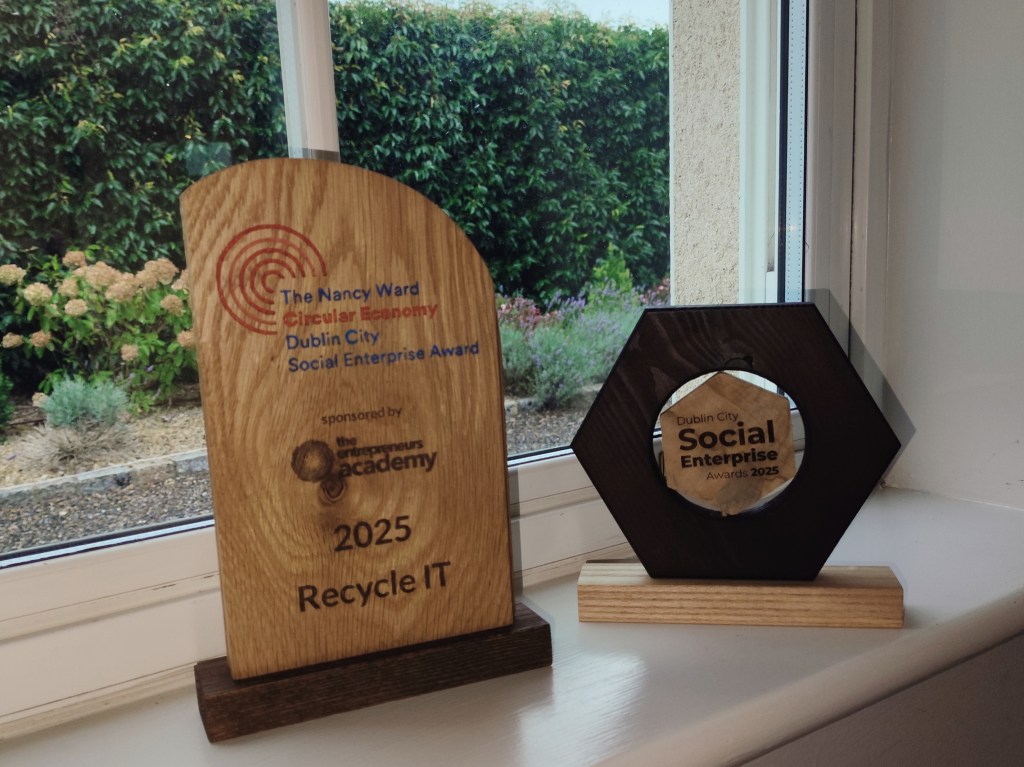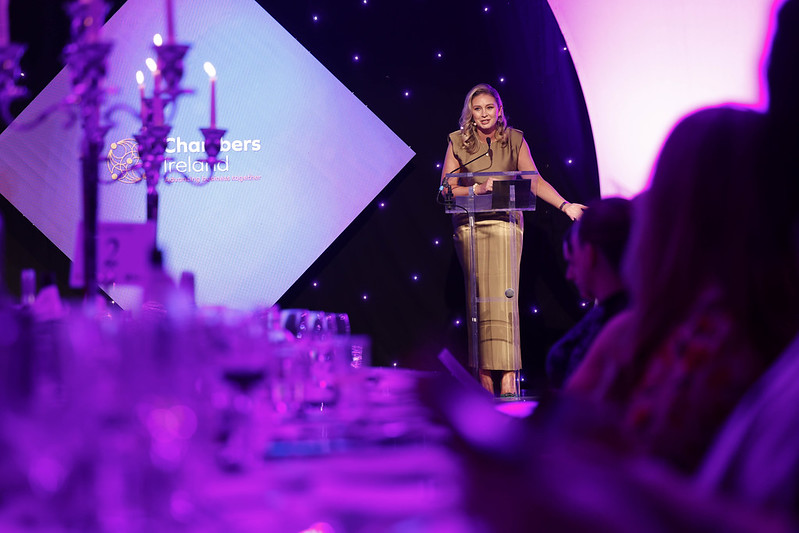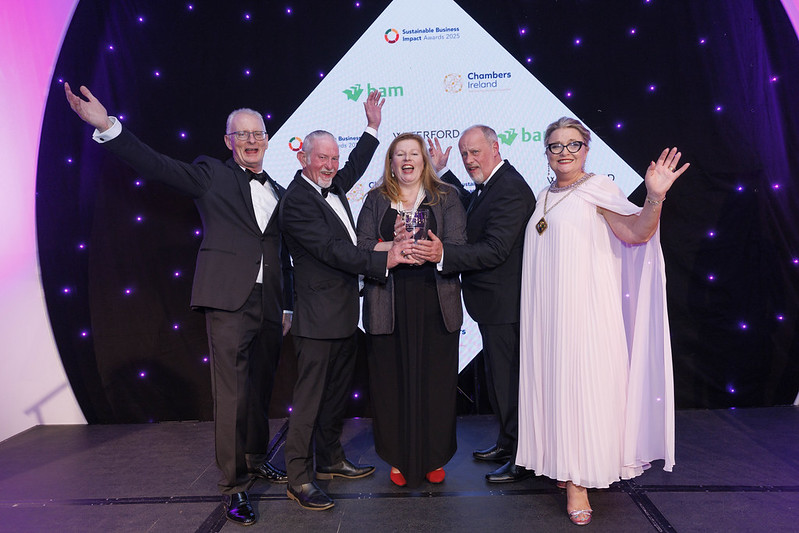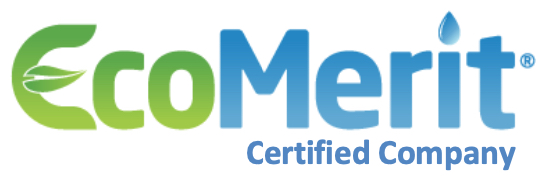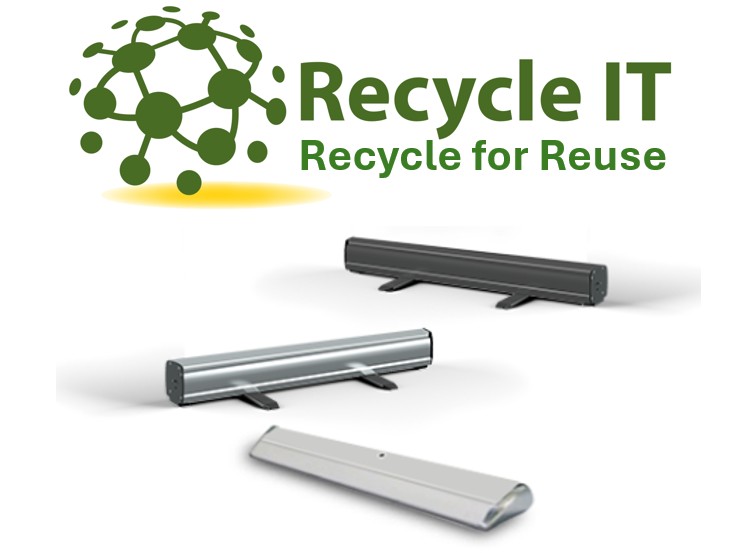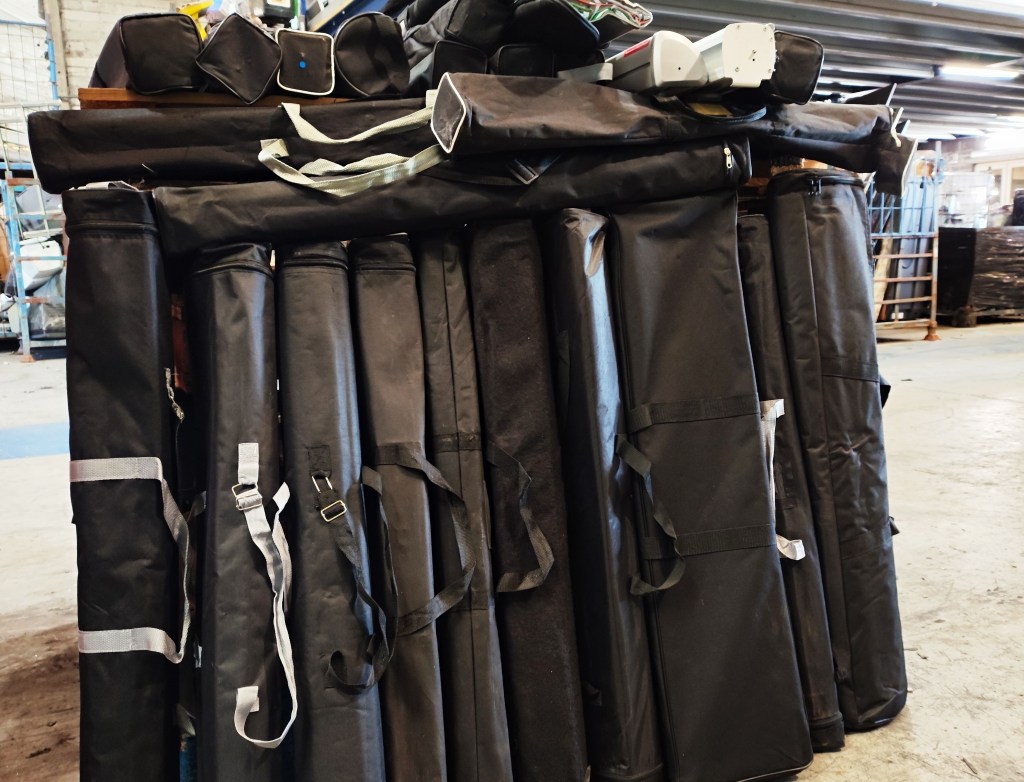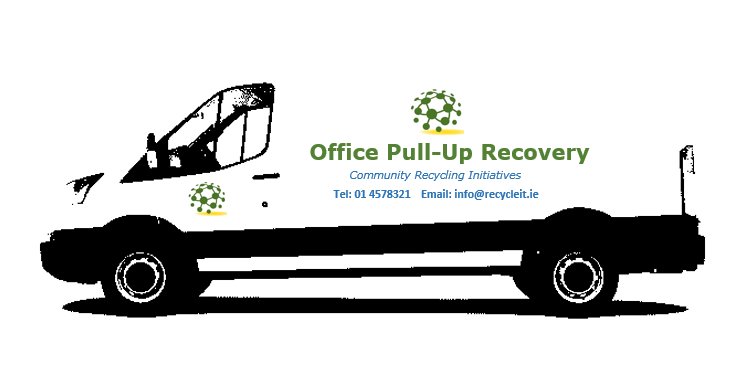Small Steps
Small everyday choices can make a big difference to our environment. By reusing items, reducing waste, and recycling wherever possible, we can save resources, cut pollution, and protect our planet for future generations. These simple tips show easy ways everyone—at home, at school, and at work—can reduce waste and live more sustainably. Start with one change and build from there—every action counts.
Reuse and Recycling Tips
- Use both sides of paper when writing or drawing.
- Give partially used printed paper to children or local schools for drawing.
- Bring food to school or work in reusable containers.
- Rent or hire schoolbooks and supplies instead of buying new.
- Hire gardening tools that are only used occasionally.
- Make a bird feeder by reusing a medium-sized plastic bottle.
- Choose low-energy light bulbs at home and in the office.
- Give unwanted clothes a second life by donating or reusing them.
- Reuse and repair items such as shoes and clothing whenever possible.
- Pass on seasonal children’s costumes as your children grow.
- Choose bar soap instead of liquid soap in plastic bottles.
- Buy long-lasting, durable products such as reusable razors and refillable pens.
- Use rechargeable batteries for household appliances.
- Avoid unnecessary purchases for one-off occasions (e.g. Christmas or Easter).
- Give experience-based gifts such as show tickets, sports events, or concerts.
- Choose eco-friendly products by reading and understanding labels.
- Buy products with minimal or no packaging.
- Purchase regularly used household products in bulk.
- Reuse shopping bags when shopping.
- Use refillable products such as pasta, rice, coffee, and loose-leaf tea.
- Drink tap water from reusable bottles.
- Donate old books, toys, and games to charities, libraries, or schools.
- Reuse glass jars for storage or household purposes.
- Compost food scraps and garden waste.
- Repair small appliances instead of replacing them.
- Buy second-hand furniture, bikes, and electronics.
- Swap items with friends, neighbors, or community groups.
- Use cloth napkins and towels instead of disposable paper products.
- Repurpose old clothing into cleaning cloths or craft materials.
- Choose digital bills, tickets, and receipts whenever possible.
- Reuse envelopes, folders, and packaging materials.
- Return printer cartridges and electronics to recycling collection points.
- Choose products made from recycled materials.
- Use reusable coffee cups for takeaway drinks.
- Freeze leftovers to reduce food waste.
- Share rarely used items such as ladders or power tools.
- Turn old towels and blankets into pet bedding.
- Use beeswax wraps instead of plastic wrap or foil.
- Mend or upcycle old furniture instead of replacing it.
- Collect rainwater for garden use.
Get Started
As a start, actively look for reuse opportunities close to you, such as charity shops (see below), repair cafés, community swap events, libraries, and refill stores. Local schools, community centres, and online neighborhoods groups often accept donations or share items. Engaging locally reduces waste, supports your community, and helps valuable materials stay in use.
About Recycle IT
Recycle IT an award-winning community recycler wishes to build on Ireland’s recycling success story and helped increase the 10 kg of waste electronic and electrical equipment recycled per person, per year. We are inviting resident associations and community groups including tidy towns to speak with us about arranging a FREE collection in your area over the coming months.
Our recycling service is provided FREE to resident associations and communities in South Dublin, Dublin City and Dún Laoghaire-Rathdown with surrounding areas in Meath, Wicklow and Kildare also serviced so please give us a call to learn more and arrange a residents collection for your area.
Please call us on 01 4578321 or email info@recycleit.ie.
